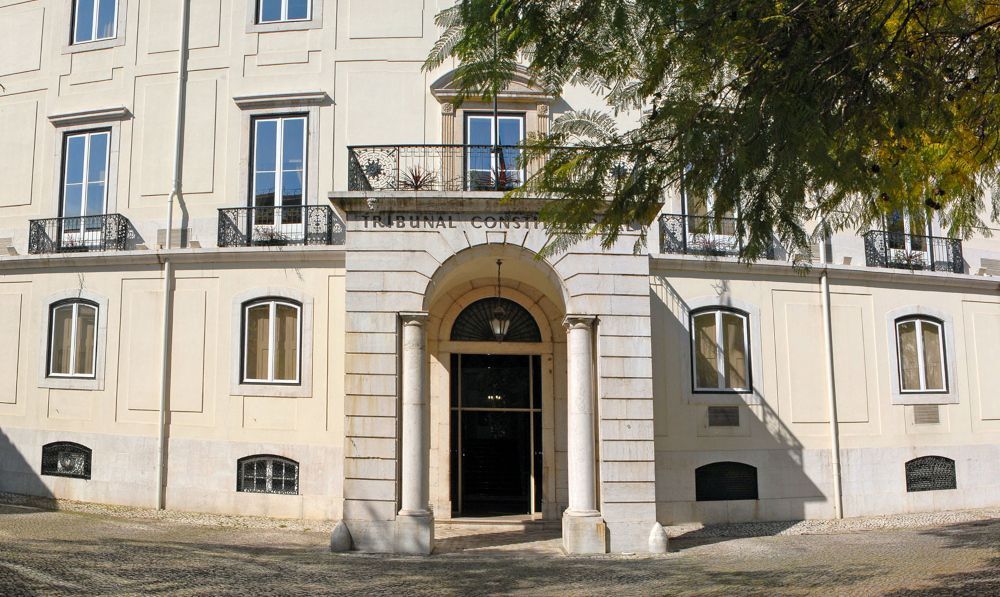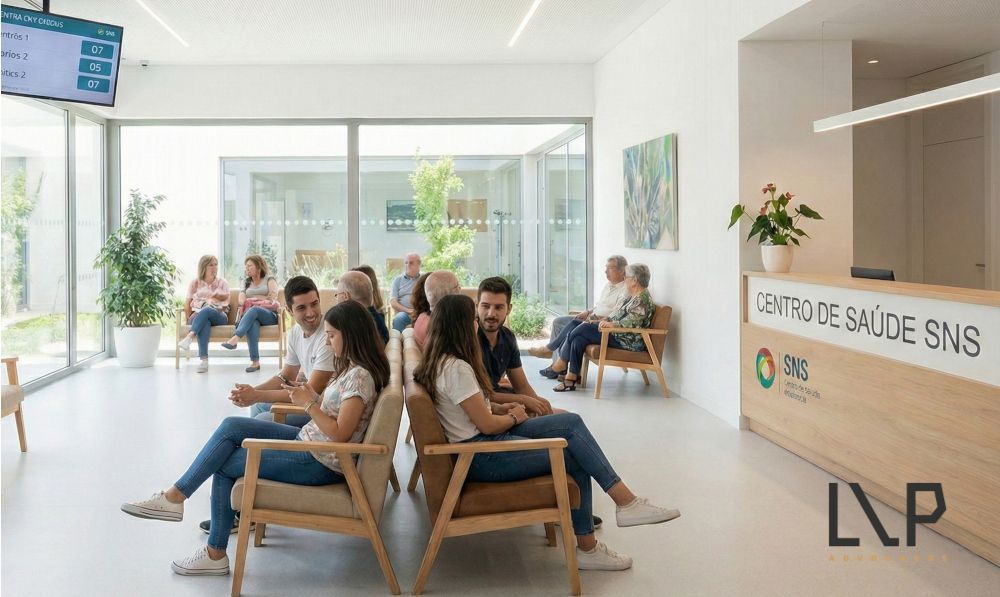SEF and Municipality of Cascais Cooperation Protocol
The Municipality of Cascais and SEF – The Immigration and Border Service - signed a protocol in July that aims to collect biometric data and update the documentation of British citizens.
The SEF said in a statement that this cooperation protocol is intended for British citizens and their relatives who benefit from the Withdrawal Agreement between the European Union and the United Kingdom.
According to the protocol, the Municipality of Cascais will provide the facilities and the human resources necessary for the service and collection of biometric data. SEF will be tasked to train the municipal employees and to provide the necessary IT support and structures for this process.
The eligible UK citizens who live in Cascais will be notified by SEF and should report at the council offices especially created for this service.
“The certificate with a QR code - which can be downloaded from the Portal specifically dedicated to British citizens - remains the official document of residence in Portugal under the Withdrawal Agreement and it is valid until the issuance of a new residence card. Documents of residence in other EU countries also continue to be accepted for travel, as long as they are still valid, until a new residence permit is issued,” clarified SEF.
There are about 35,000 British citizens living in Portugal who still do not have the new post-Brexit residence card. However, SEF assures that the application certificate serves as an official document.
Source: Lusa










